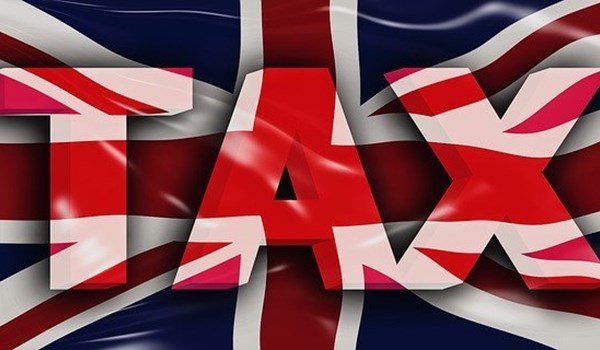Almost 1,000 large businesses saw shareholders filing resolutions on ESG issues in 2023, a slight year-on-year increase globally. But European shareholders bucked this trend, exhibiting short-term thinking against the backdrop of the Russia-Ukraine war and energy crisis.
That is according to new data published this week by corporate data intelligence specialists Diligent.
Diligent found that shareholder activism reached a four-year high in 2023 globally, in terms of the number of resolutions filed. 982 companies were subject to campaigns last year – a 4.6% increase on 2022 levels.
The uplift was most pronounced in the USA. 550 companies were publicly subjected to activist demands, marking a year-on-year increase of almost 8%. A similar hike was also observed in Asia.
However, Diligent also tracked a steep 25.5% year-on-year decrease in the number of companies targeted in Canada, and a smaller dip in Europe.
In Europe, peak shareholder activism came in 2021 when 177 firms faced resolutions. For 2023 this number dwindled to 123, marking a year-on-year stagnation.
“Despite ongoing global activism, a different story is being told in Europe. New campaign launches have declined by 24%, potentially due to the combined impact of economic uncertainty and the ongoing war in Ukraine,” said Diligent’s editor-in-chief for market intelligence Josh Black.
“While this decline might offer companies a temporary reprieve, boards and leaders cannot become lackadaisical in their approach to governance. Instead, they should use this breathing room to proactively address their governance, risk and compliance performance. By taking decisive action now, companies can stay ahead of potential challenges and maintain stakeholder trust in the long run.”
An emerging risk
Diligent’s research did reveal that more companies are proactively preparing for activist shareholder resolutions.
Almost one-quarter (23.4%) of companies included in the Russell 3000 are identifying shareholder activism as a risk in their public filings for 2023.
Most note that both traditional and non-traditional activists are increasingly launching campaigns covering ESG oversight. Moreover, the prevalence of activist investors on boards is growing in North America and Asia and holding level in Europe.
“Boards and leaders need to make an honest appraisal of their governance structure, address ESG and DEI strategies, and ensure they don’t become complacent,” Diligent’s report states,
The data comes as oil and gas giant ExxonMobil wages a legal battle against two investors that proposed a non-binding resolution urging the company to reduce its greenhouse gas emissions (GHG) and include Scope 3 (indirect) sources in its emissions measurements.
Also in related recent news, the Institutional Investors Group on Climate Change (IIGCC), which accounts for more than 400 financial members worth more than $65trn in assets under management, last month released fresh guidance on how financial sector firms can ensure voting policies are aligned with the net-zero transition.



